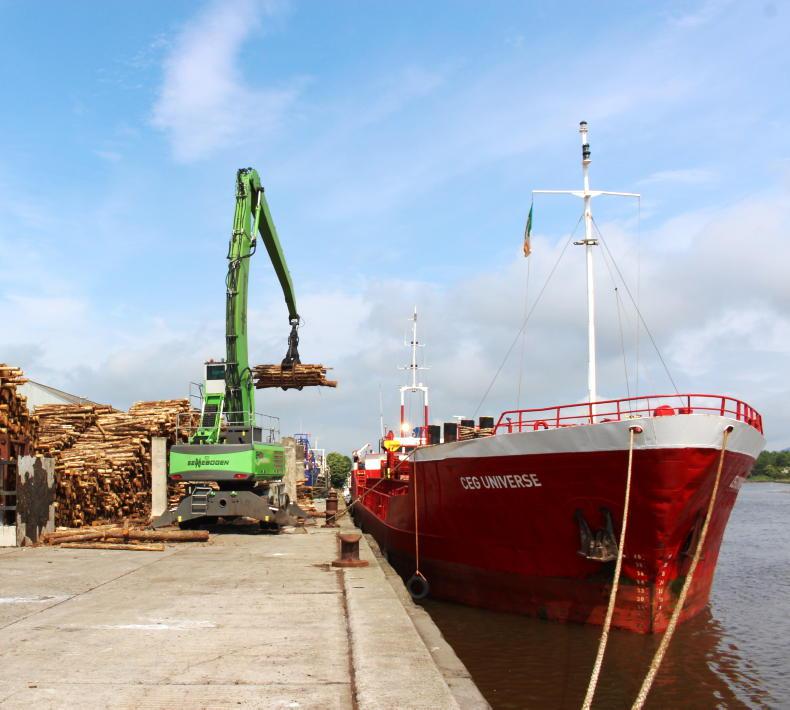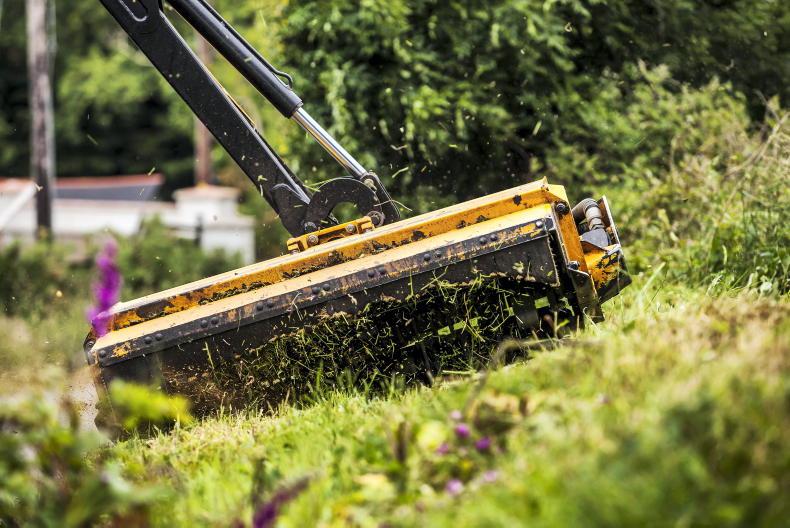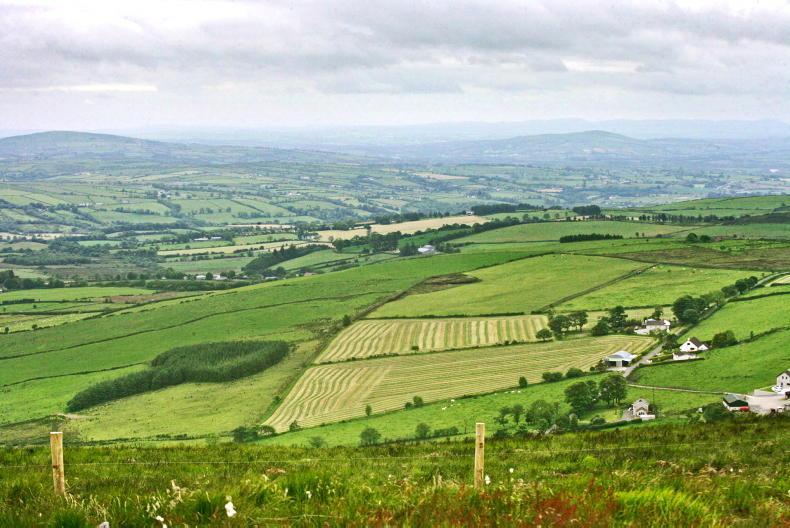It is a “no-brainer” to abate Ireland’s agriculture emissions by incentivising farmers to move more land into forestry and woodlands, director of Forest Industries Ireland (FII) Mark McAuley has said.
Reacting to the news that the Climate Change Advisory Council (CCAC) said that farming is not on a “sustainable path” on emissions, he said that a package of measures is needed that will really appeal to farmers and reward them for making the right decision.
“If landowners are encouraged to plant forests that work for them and work for the environment, then we’ll see our forest cover growing and we can also build more with timber to lock away millions of tonnes of carbon in our homes and buildings,” he said.
If we get this wrong, he said, down the road “we will be kicking ourselves”.
Concern
The CCAC said that uptake of planting is not sufficient and other market and cultural barriers need to be addressed.
“The climate council is concerned about Ireland’s ability to meet its carbon targets and is particularly concerned about low levels of tree planting.
“Successive reports have identified afforestation as the key action to combat agri emissions and yet we continue to miss our tree planting targets, which call for 8,000ha per annum and we are achieving 2,500ha,” McAuley said.
He said a scalable forestry model is needed in Ireland that delivers large amounts of new woodland and forests.
Weapon
“That is the biggest weapon we have in terms of land use. If we get our forestry moving again, it will be a massive dig-out for our agri sector and could deliver 300m tonnes of additional CO2 sequestration by mid-century.
“That is why there is so much focus on forestry, but we are just not making it happen. The massive problems with providing licences for new forests continues and that is completely undermining progress.
“We are superbly well placed in Ireland to move more into forestry. Trees grow faster here than elsewhere in Europe, so we have a competitive advantage in producing timber for sale both at home and abroad. Our forests can become a major component of the growing Irish bioeconomy for the 21st century,” he said.









SHARING OPTIONS